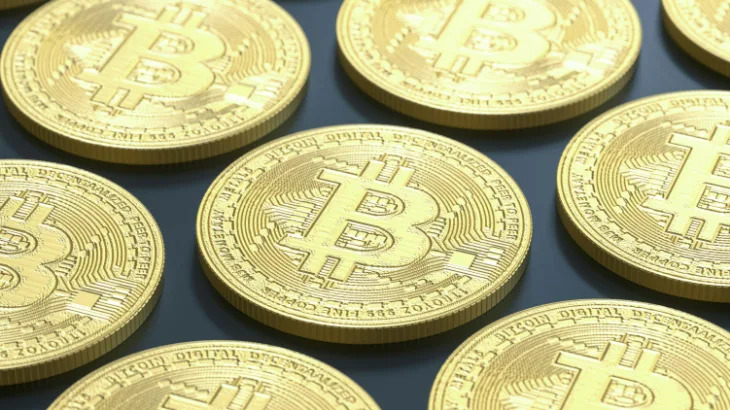Americans are feeling increasingly better about the short-term path for inflation.
The latest consumer sentiment survey from the University of Michigan revealed that consumers expect inflation to sit at 2.6% in a year, a decrease from last month's expectation of 2.7%. November's reading is the lowest since December 2020 and within the 2.3% to 3% range seen in the two years before the pandemic.
Expectations for long-run inflation did tick higher, though, rising to 3.1% from 3% the month prior.
The overall consumer sentiment index popped to a reading of 73, up from 71 in October. Interviews for the survey concluded on Monday and therefore don't capture any reactions to election results.
The responses come as inflation has continued to trend lower throughout 2024. In September the Consumer Price Index (CPI), a popularly cited inflation reading, increased 2.4% over the prior year. This marked its lowest annual increase in prices since February 2021.
While price increases are still sitting above the Federal Reserve's 2% goal, Fed Chair Jerome Powell noted on Thursday that the central bank has made significant "progress" in fighting inflation. He also added that inflation expectations "remain well anchored." Inflation expectations are considered a key part of the Fed's calculus due to the fact that consumers' willingness to pay higher prices could feed inflation.
Since the Fed began cutting interest rates in September, the 10-year Treasury yield ( ^TNX ) has risen roughly 80 basis points to hit a recent high of about 4.47%. Part of the rise is due to a market repricing after Donald Trump's presidential election win. The president-elect's policies, including proposed tariffs that could cause businesses to pass on their higher costs to consumers, are viewed as more inflationary than those of his former opponent, Kamala Harris .
Read more: How do tariffs work, and who really pays them?
But Powell doesn't think inflation expectations are the main factor driving bond yields higher.
"It appears that the moves are not principally about higher inflation expectations," Powell said. "They’re really about a sense of more likelihood of stronger growth."
A fresh reading on CPI is slated for release on Wednesday. Wall Street economists expect headline inflation rose just 2.6% annually in October, an increase from the 2.4% rise in September. Prices are set to rise 0.2% on a month-over-month basis, per economist projections, in line with the increase seen in September.
Josh Schafer is a reporter for Yahoo Finance. Follow him on X @_joshschafer .





